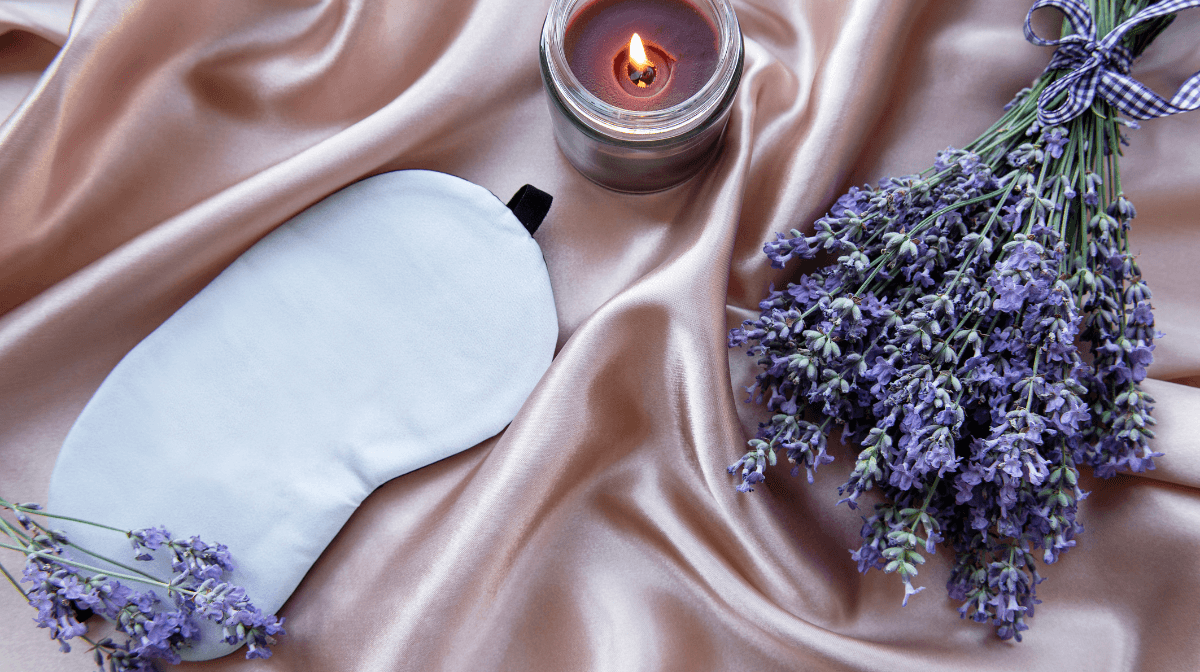Sleep is so important, and if you are struggling to get in 40 winks every night, it can really disrupt your daily routine. We all should be trying to achieve high quality sleep every night for our health, however, it is not always that simple. In the UK, 65%* (*source: Euromonitor, voice of consumer survey - Oct 2022) of people sleep less than 7 hours per night which might have significant impacts on our overall wellbeing. From poor sleeping environments, bad habits before bedtime to stress and anxiety, the causes of poor sleep and insomnia are numerous but luckily, we've got you. Here are some tips and advice to help you sleep naturally.
Top 5 tips to improve sleep:
According to the CDC, a healthy average adult requires on average 8 hours of sleep per night to contribute to your health and wellbeing. Those 8 hours are made of non-REM and REM sleep cycles that play a key role in repairing, restoring, and reenergising our body and mind. However sometimes, our sleep pattern turns off balance so here are small steps you can do to help you sleep naturally:
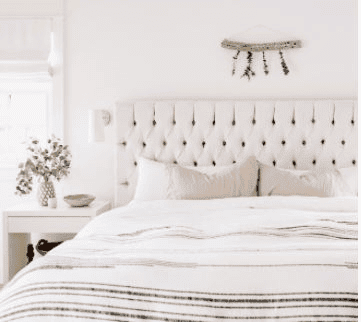
1. Check your environment: this may sound basic, but you need to make sure your bedroom is quiet, dark, at a comfortable temperature to be able to calm down and get a good night sleep naturally.
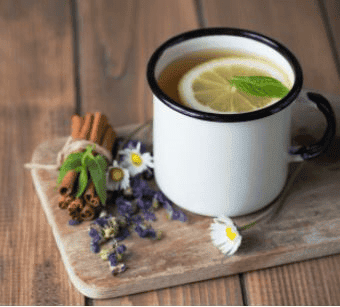
2. Avoid certain food or drinks before bedtimes: large, fatty and sugary meals, can take time to digest, which might impact you falling asleep. Maintaining a healthy, active lifestyle and also avoiding consuming caffeine or alcohol before sleeping too as this might keep you excited and alert instead of winding down and lead to insomnia. Why not try a herbal tea or lemon and honey in hot water? Learn more about the correlation between alcohol and gut health.
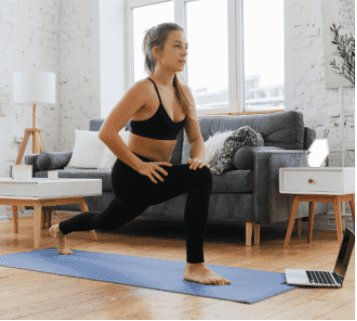
3. Get some exercise during the day: Being physically active during the day can help you sleep more easily at night. Learn more about how exercise affect gut microbiome.
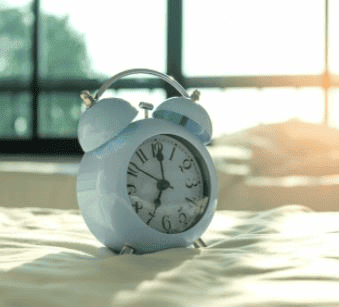
4. Be consistent with your sleeping time: Your circadian rhythm is a natural habit therefore by being consistent, you make it easier for your body to sleep at the same time, including on weekends. Read our blog on how to build a habit for more information.
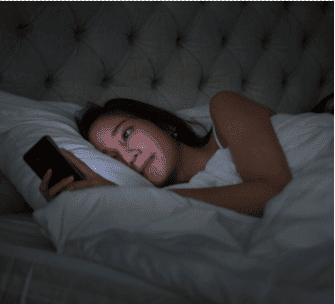
5. Remove screen exposure & electronics from your bedroom: blue light can disrupt your circadian rhythm too by recreating the same effect of day light on your body which might wake you up and lead to sleep problems.
6. Consider an App: Learning some simple mindfulness techniques might help you manage a sleepless night. There are some great apps on the market now designed to help such as Headspace and The Sleep School.
If those tips still don't work, you could consider a natural supplement to support sleep quality.
Natural supplements to help you sleep better
Those of us who have ever had trouble sleeping, might have tried some over the counter medication/sleep aids which sedates you. The issue with sedation is the after feeling you experience, some compare it almost to a “hangover”, given this is a synthetized drug which is abnormal for your body. This is the same with any synthetized hormones such as melatonin, Gaba, 5HTP, etc.
Natural remedies as available to sleep better in many different forms. The most natural solution are herbs and botanicals which are known for having some health properties (with limited scientific evidence) so please consult your doctor before taking anything:
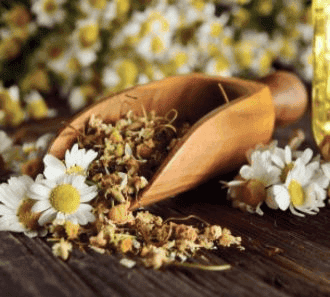
Chamomile (matricaria recutita): this is a gentle herb which has calming effect. Chamomile is known for promoting relaxation and good sleep. Interestingly, some studies have found chamomile aids digestion, help relaxing muscles and to relieve headaches. You can consume chamomile as a tea or supplement capsules. Why not have a chamomile tea and a hot shower/bath before bed for the perfect destress.
Lemon balm (Melissa officinalis): this is a member of the mint family, is considered a calming herb too. It was used as far back as the Middle Ages to reduce stress and anxiety, promote sleep, improve appetite, and ease pain and discomfort from indigestion (including gas and bloating, as well as colic). You can consume this as a tea or supplement capsules.
As well as a supplement our tips for getting a good night sleep, you might want to also try a relaxation routing before bed.
Relaxation/Sleep Aids before bed
One of the most common reasons for not being able to sleep or having a sleep disorder is usually related to our daily stress level. So here are few tips to help you relax more before bed:
- Meditation is the perfect sleep aid and can be achieved by anyone. You can find a lot of guided mediation available online. This practice allows you to calm down your body and brain, especially focussing on your breathing. By taking part in meditation you may find it easier to quiet the distracting thoughts that keep you mind buzzing. Moreover, studies have found that meditation can help reduce cortisol, also known as the “stress hormone” with meditation increasing the natural melatonin levels to help with more restful sleep.
- Like meditation, journaling is another way to reduce “bedtime worrying” which will postpone your thinking and help you fall asleep. Read our blog on journaling for mental health for more information.
Reading: It might be tempting to watch TV or stay on your phone scrolling through social media but reading books is so underrated. In fact, reading can help accelerate the amount of time it takes to fall asleep. Reading is like exercise but for your brain. Reading will distract your brain with new information and take your mind off your own troubles as well, just what you need before bed. Studies have shown people who read before bed, fall asleep quicker and stay asleep longer, so more restful and quality sleep vs non-readers.
Hot shower: Research has shown that having a hot shower hours before bedtime can help your bodies natural temperature regulation, working alongside your normal sleeping cycles to get you ready for bed.
In all cases, it is fair to say that sleep is so important for our holistic health. It may reduce our risk of developing certain chronic illnesses, boost our immune system and keep our brain healthy. However sometimes we have so much going on in our minds that we can't sleep. Life can be stressful so if you do struggle with sleep, always think about looking at natural supplements or tips for better sleep.
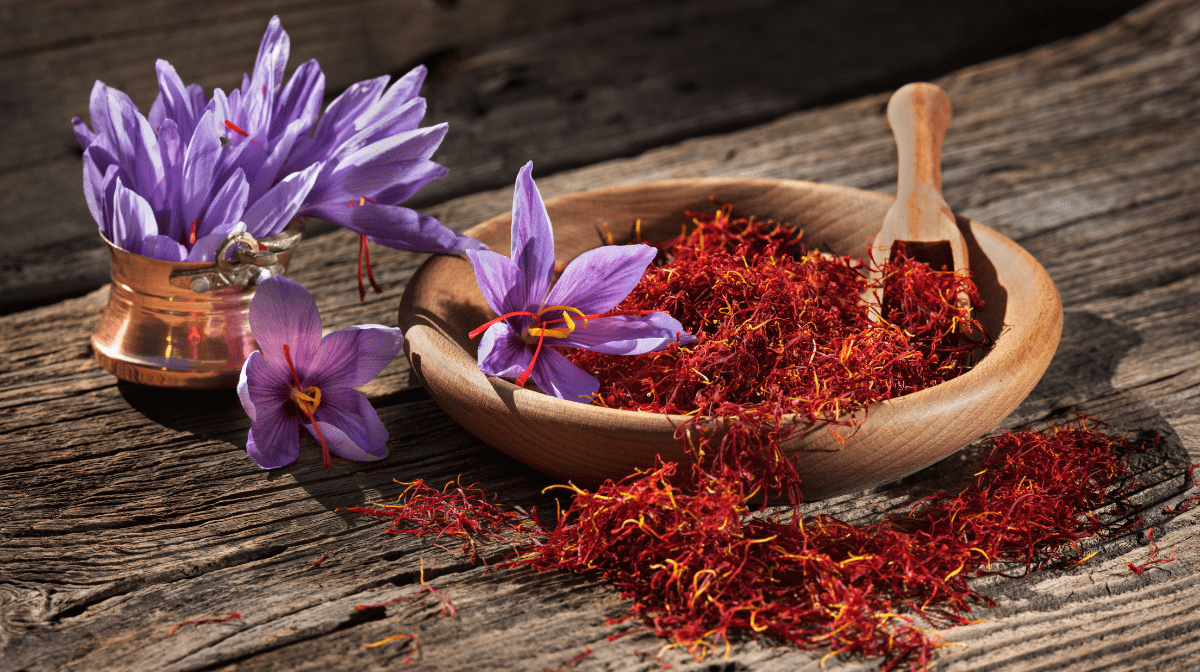
The health benefits of saffron
Saffron is usually thought of when cooking up a delicious recipe in the kitchen but did you know the spice also has health benefits?
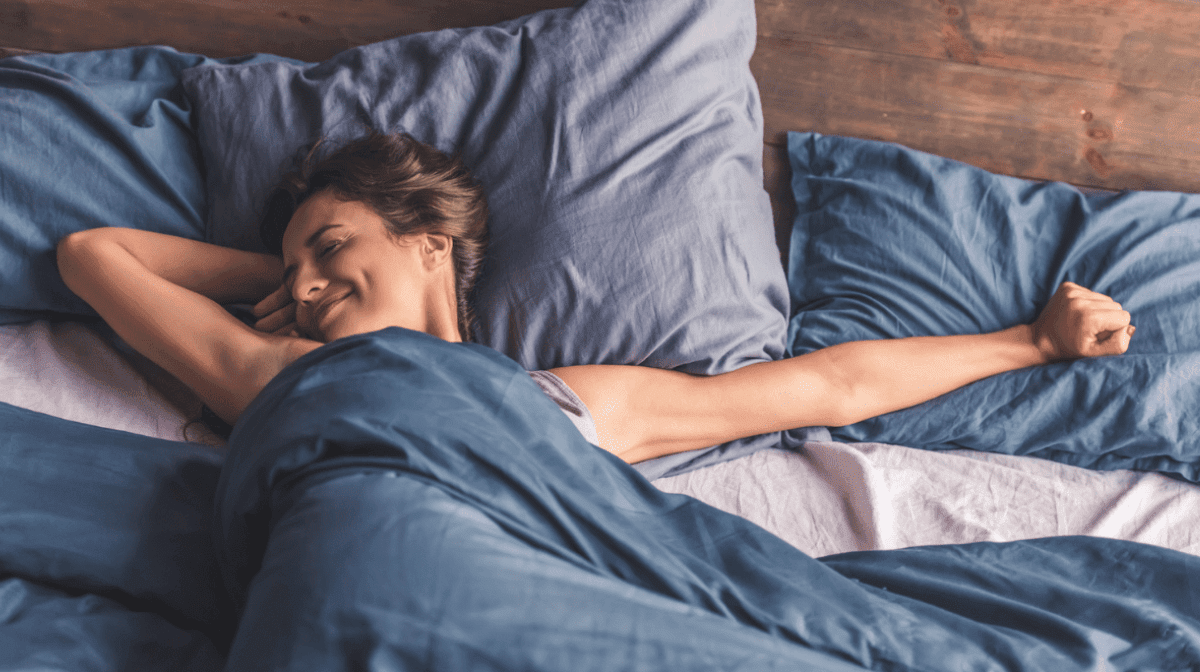
Why do we need sleep?
We answer the basic questions on why we need to sleep and answer that age old question, is napping actually good for you?
Shop Zenflore
